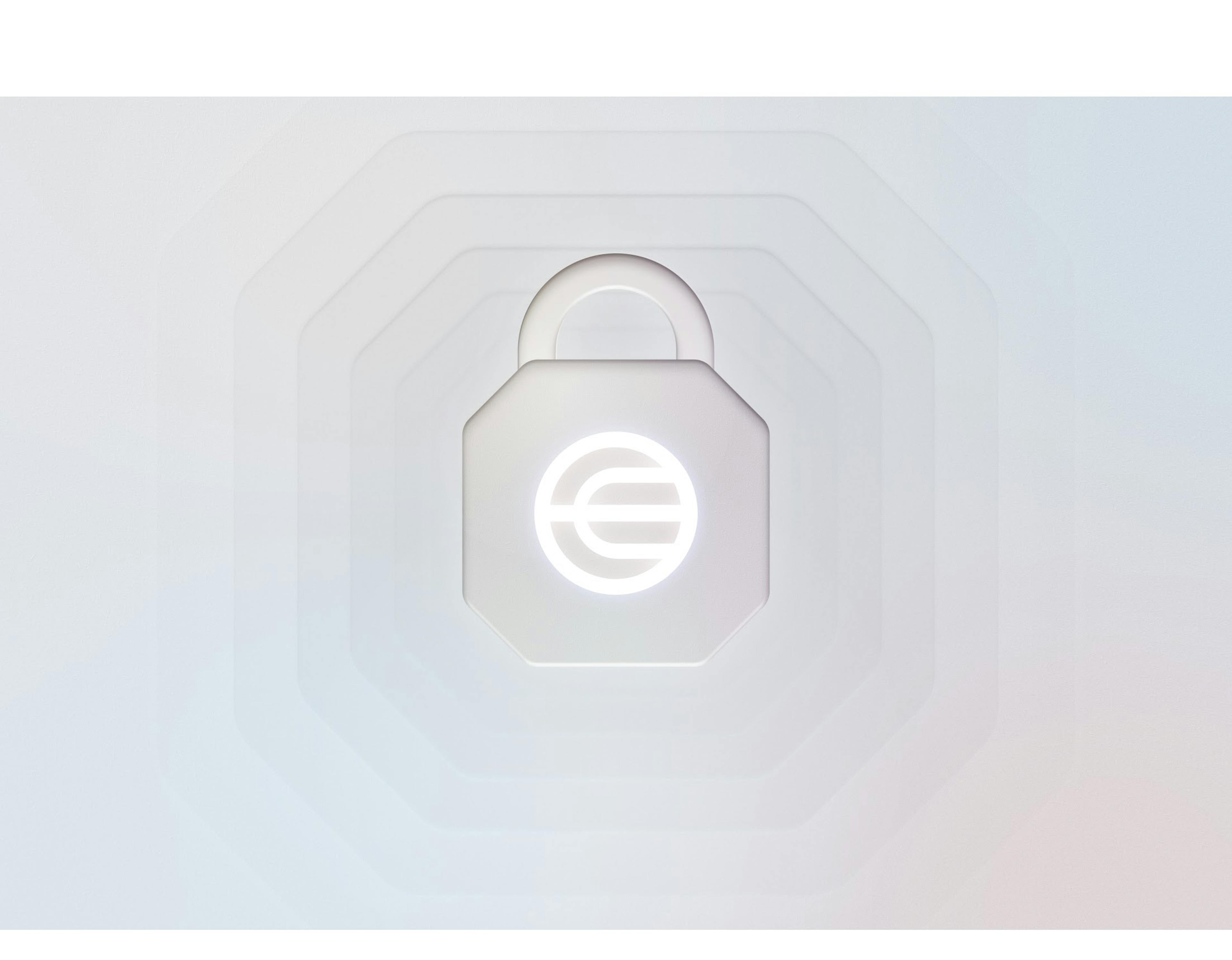
Privacy is likely the most misunderstood aspect of the Worldcoin project.
Worldcoin has no interest in knowing who you are. The project’s focus is on verifying your humanness and uniqueness, which enables individuals to distinguish human activity from machine-powered activity online.
As Worldcoin co-founder Sam Alman recently noted, "Algorithms are becoming more and more powerful. This makes it hard to know whether we are exchanging information with a human or a robot. So we need a way to identify us humans as real humans."
The importance of verified humanness online
There is currently no globally recognized mechanism that would allow for people to digitally verify their humanness. The urgency for such a mechanism is rapidly increasing.
As AI becomes both more advanced and more widely available, it will (and has already) become increasingly difficult to differentiate between human- and AI-generated digital content. Tools like Captcha are no longer a reliable way to distinguish between the two. It’s not hard to imagine how this could become problematic, from malicious deepfakes to automated accounts flooding social media platforms with false identities and information that are harmful to democratic processes.
it's over for meatbags pic.twitter.com/XrRBbO7ovR
— banteg (@bantg) October 13, 2023
Worldcoin, through its World ID proof of personhood protocol, is a promising potential solution to this issue. Using “Sign in with Worldcoin”, individuals now have a way to privately authenticate as human online and builders have a powerful solution for verifying users are human while protecting against bots.
The importance of verified uniqueness online
Because World ID verifies both a person’s humanness and uniqueness, it also unlocks important potential use cases in governance and resource distribution.
“One person, one vote” governance is one such example, where participation in online voting can be made available to everyone without being negatively disrupted by sybil attacks (manipulation by multiple fake accounts run by the same person) or unfairly biased towards those with more economic power (voting power based on how many tokens a person owns).
Similarly, verified uniqueness also prevents any individual from unfairly acquiring more than their share of limited available resources. This can benefit everything from digital currency airdrops to the allocation of goods and services through social welfare programs. You can learn more about potential applications of Worldcoin here.
Building infrastructure for the Age of AI
The prevailing business model for large internet companies and mobile apps have made many people understandably wary of projects that treat data as a commodity. Such business models are now well known, exchanging “free” online services in return for personal information (name, phone number, interests, etc.) that are then sold to advertisers and other private companies.
Worldcoin is an entirely different kind of project, with an entirely different mission. It’s solely focused on creating a new kind of digital infrastructure for a world with advanced AI—one that leads to a more human internet and a more accessible global economy. To do this adequately, data needs to be protected, not commodified, and privacy should ultimately be enhanced.
“Some startups collect a bunch of data and then sell it off, or a government with a closed system surveils and polices its people. That’s not the future we want,” Tools for Humanity head of product Tiago Sada said in a recent interview. “Worldcoin project builders believe the system should be owned by the people and it should be private by default.”
To learn more about Worldcoin, privacy and proof of personhood, read the in-depth project whitepaper here.
Disclaimer
Der oben genannte Inhalt gilt nur für das angegebene Datum. Darüber hinaus unterliegen sie Risiken, Ungewissheiten und Annahmen und können daher falsch sein und sich ohne Vorankündigung ändern. Einen vollständigen Haftungsausschluss finden Sie in unseren Nutzungsbedingungen, und wichtige Benutzerinformationen finden Sie auf unserer Risikoseite.